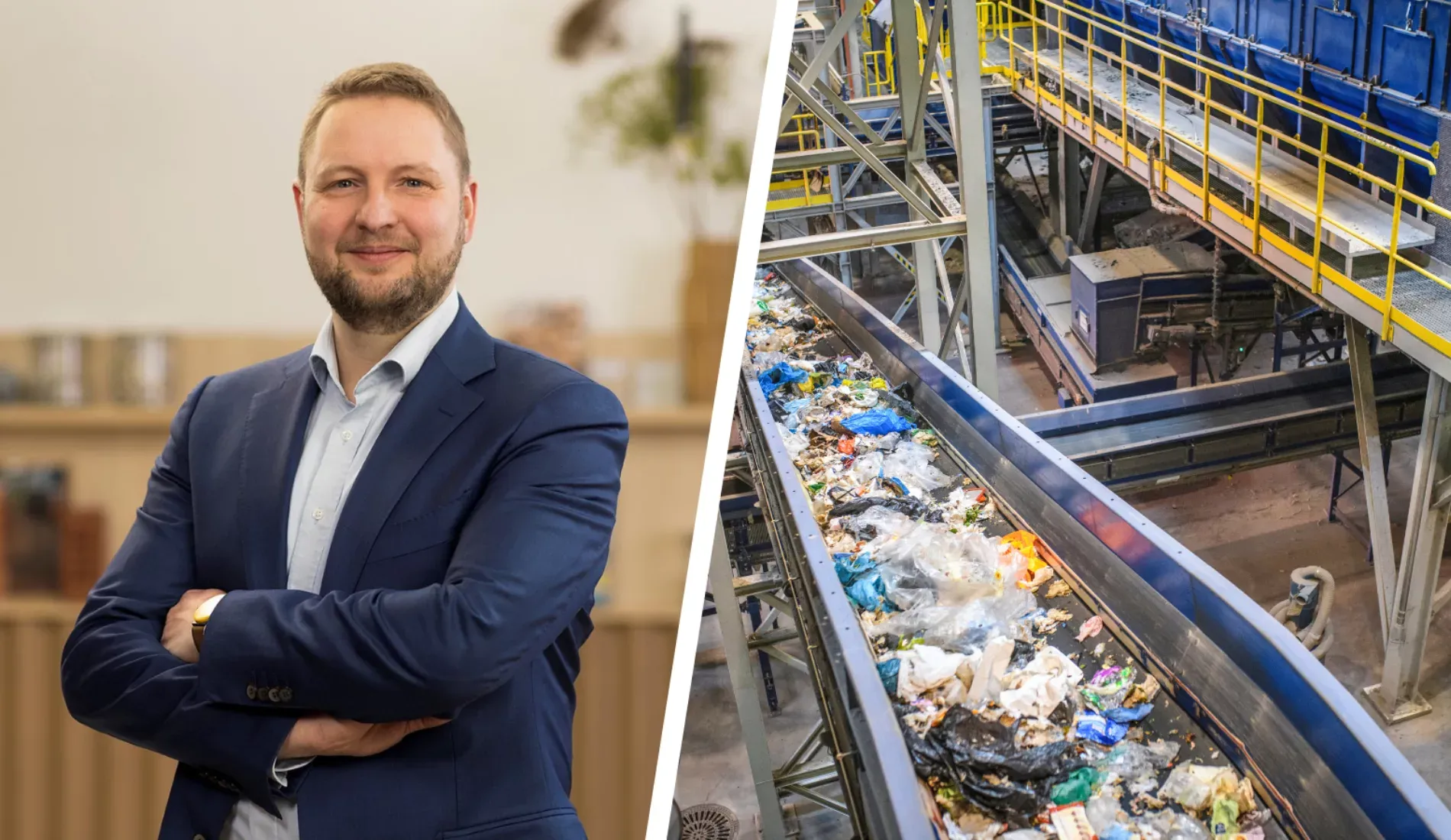Polestar Capital has raised €43 million to fund Dutch pioneers in the circular economy. The money is part of a larger investment fund through which the impact investor aims to close the gap between circular initiatives and financing. "The Netherlands is a very interesting country to set up circular initiatives," believes Jan-Willem König, CEO of Polestar Capital.

König says Polestar Capital's circular investment fund was founded out of a frustration he had. "It started with the Limburg Energy Fund, which we have managed for a long time. With that fund at the time, we were able to finance many circular projects. But two things struck us. First, we saw that Limburg initiatives were running into problems in other provinces because there were no good, national financing options. And second, we noticed that banks were making a retreat in the segment of start-ups and scale-ups, especially if there was an innovative nature to it. You need teams with a lot of specialist knowledge for such investments, as there is generally a higher risk involved. That capacity was scaled back at banks because they were no longer willing and able to take such risks. And so the supply of financing for innovative start-ups and scale-ups declined."
Supporting pioneers
.This is why the Polestar Capital Circular Debt Fund was created. A fund that provides loans to pioneering Dutch companies engaged in the circular economy. Think of factories that convert waste streams into new raw materials, semi-finished or finished products. König cites the example of BioBTX, a Groningen company that turns plastic waste into chemical building blocks that can be used for PET bottles, batteries and pharmaceutical products. "A very nice company. We are very proud that we were able to fund BioBTX, because that is a very good example of what we want to achieve with our fund."
There is already 240 million euros in the fund, of which 43 million has just been raised from investors. These include parties such as Invest-NL, Pensioenfonds Detailhandel and Onderlinge 's Gravenhage. Recently the European Investment Fund, an investment fund of the European Union, was added. "A great name to associate with our company," König believes. Polestar Capital offers its investors a return target of 6 to 8 percent. It also makes a positive contribution to the circular economy, such as reducing waste and fossil resources. "Only when the impact is right we move on to structuring the deals. A balanced return-risk profile will then come out of that."
Finance gap closing
Polestar Capital wants to use the fund to close the gap between circular companies and investors. "The Netherlands is a very interesting country to set up circular initiatives. After all, we have developed our waste separation well, better than other countries have done. We are really ahead of the curve. The total financing requirement in the Netherlands in this area is about 5 to 6 billion euros. Of that, we could serve about one and a half billion euros. So with a fund of 240 million euros, we can't do everything, but we can do quite a bit."
In dire straits
.Although König believes he can help many parties with the Circular Debt Fund, the circular economy remains an erratic sector for entrepreneurs. Factories engaged in recycling are not always doing well. A painful example is Dutch plastic recycler Umincorp, which recently went under because new plastic is currently simply cheaper than recycled plastic. And concerns are growing at other recyclers as well.
"That's typical of the circular economy, which is still in transition. As long as you are a company competing with the fossil sector, you remain vulnerable. After all, the fossil chain has been optimized for decades. The margins are hearty and the risks have been taken out of everything. In the circular world, this is not yet the case. Factories do not yet have the ideal scale and the chain is not yet efficient. Then it may well happen that you have one or two bad years. You have to be able to absorb those shocks as a company."
Hyperfocus
While König believes that the impact investment climate in the Netherlands is good and that companies can benefit from it. "In the circular economy, we are doing great. There are many venture capital parties, Invest-NL has a big role, as do the regional energy funds and development companies. And of course our fund. The ecosystem is really starting to look good and we are leading the way globally. We should be proud of that."
"We now have a hyperfocus on investing in the companies," says König. "The moment that goes well, we will definitely establish a second type of fund in this area. After all, there is so much to do in the Netherlands."
Source: change.inc